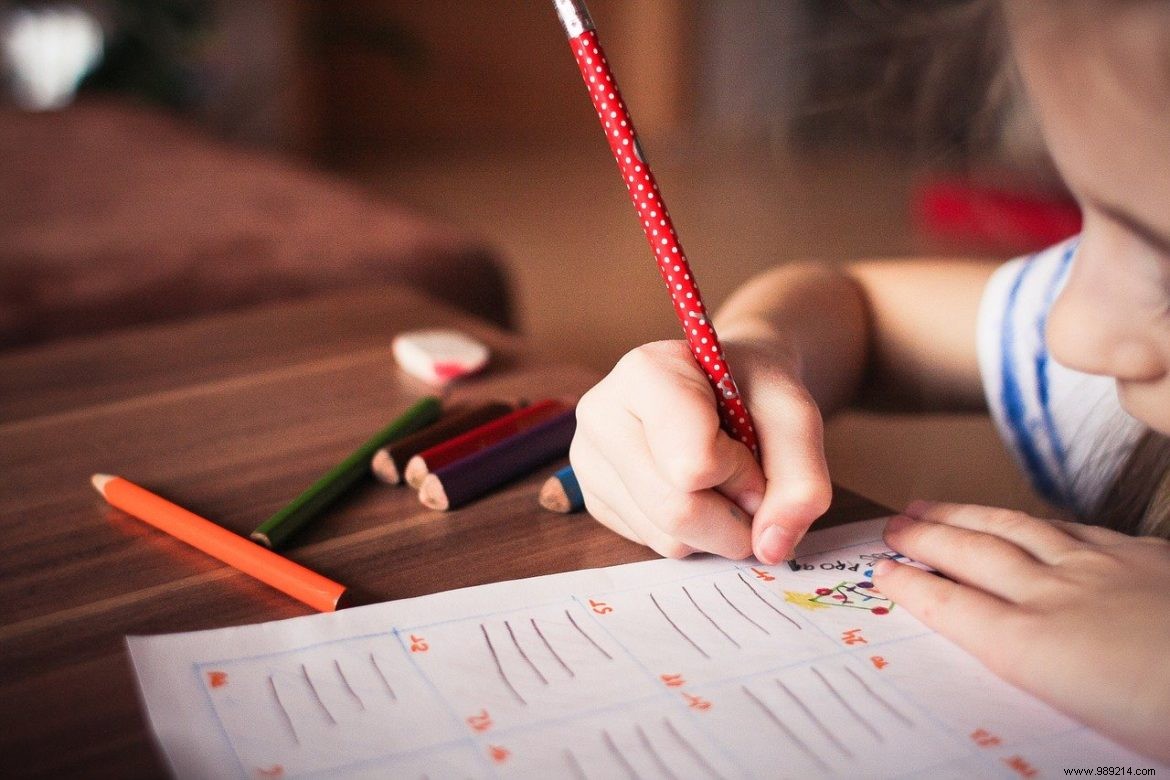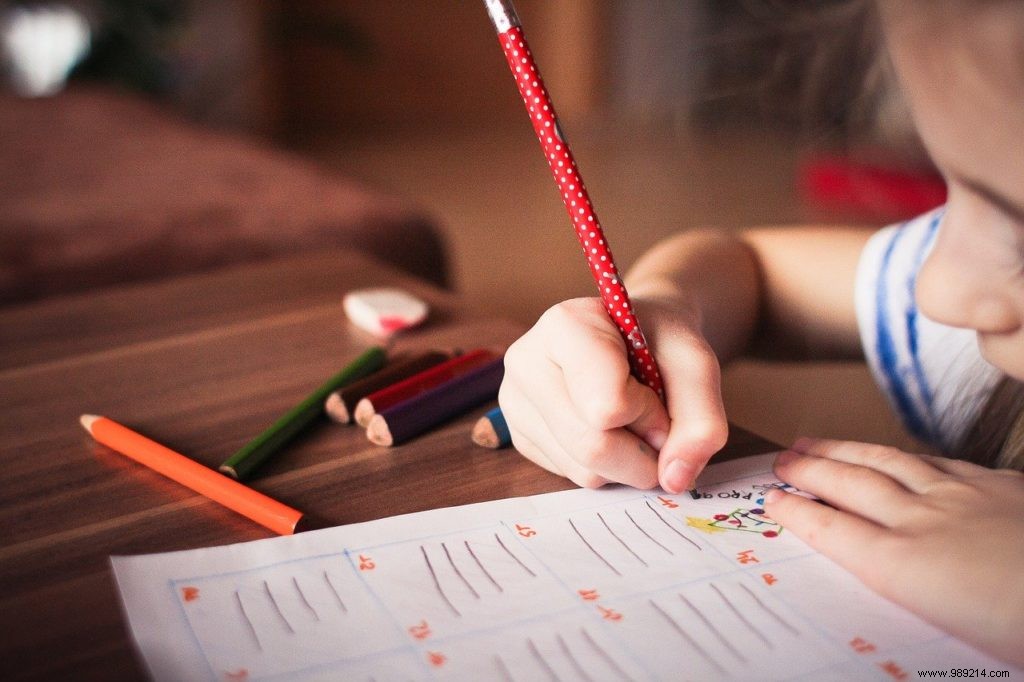
Parenting comes with its share of challenges, uncertainties, and stresses. Many turn to fellow parents or positive parenting experts for guidance. Yet, you can build greater confidence by embracing the principles of positive education on your own.
Contents 1 Addressing difficulties 2 Being the role model 3 Respecting thingsOne effective approach to positive parenting is cultivating genuine curiosity about your child's world. This fosters authentic connections—free from manipulation—and leads to sustainable solutions for everyday challenges.
What is your child truly communicating through their behavior?

As parents, it's easy to judge or criticize a child's emotional outbursts harshly. From my experience, I appreciate when my loved ones offer understanding during my stressful moments rather than judgment—it motivates me to respond better. Science supports that adults can build emotional regulation skills with practice.
Children, however, lack these fully developed resources. Expecting more from them than we demand of ourselves only breeds frustration.
Parents often instruct children to "be nice" before social events like parties or family visits, which can feel forced. True qualities like kindness aren't commanded—they're demonstrated.
By embodying kindness daily, we inspire our children to do the same naturally.
Teaching respect starts with modeling it. Here are the four keys to respectful communication:
Apply these principles with your children consistently. By showing respect in our interactions, we give them powerful examples to emulate. Avoid disrespectful behaviors, as they only model rudeness and aggression.